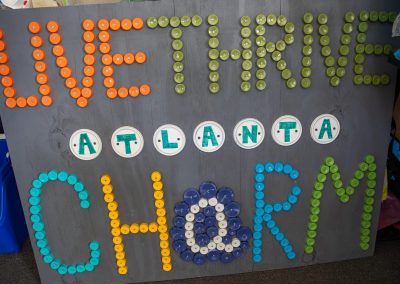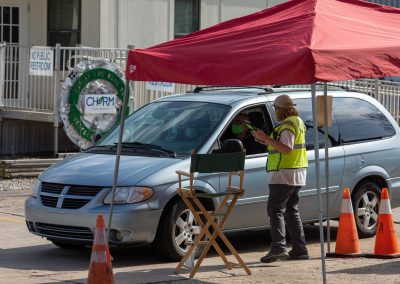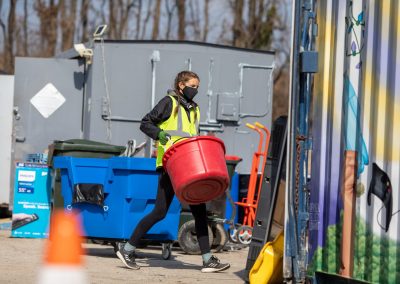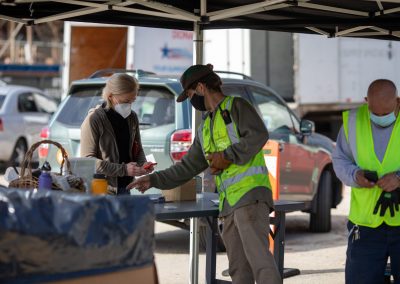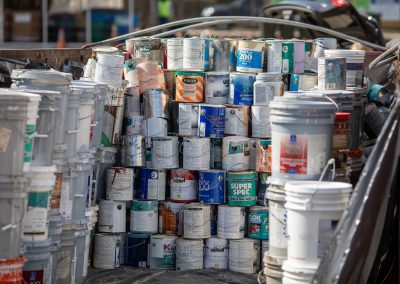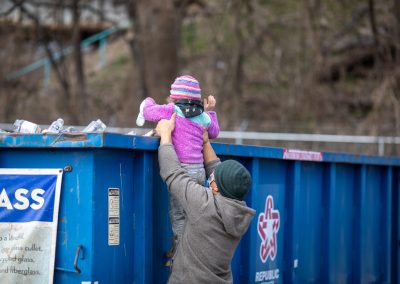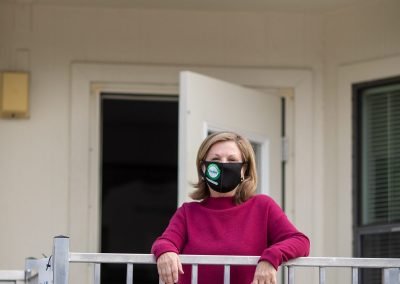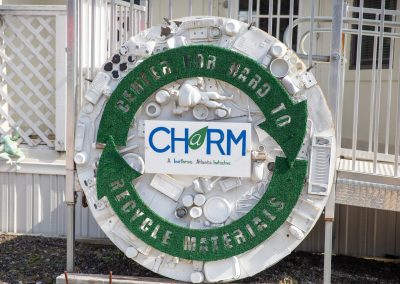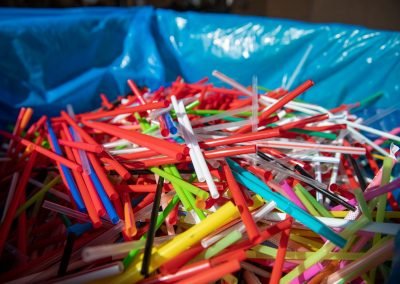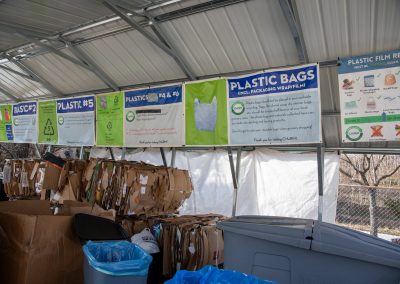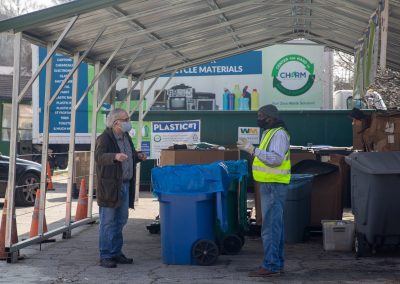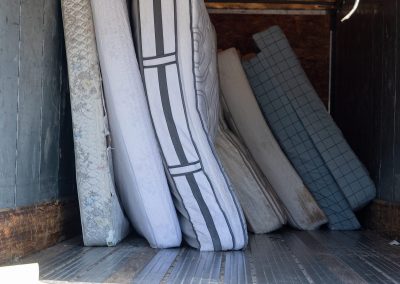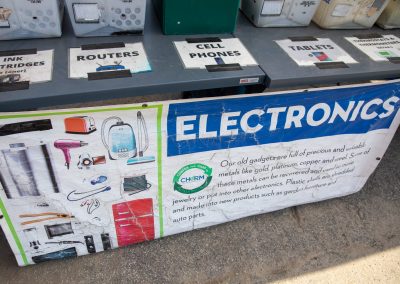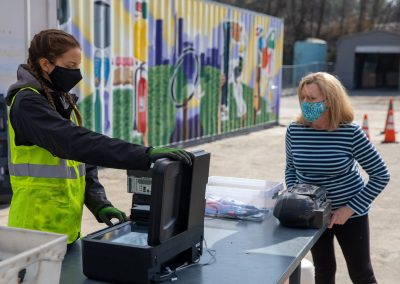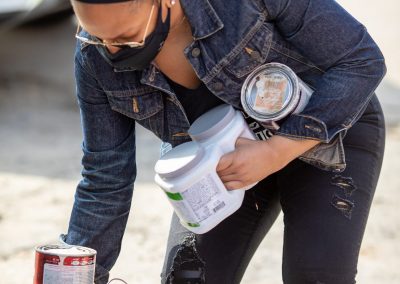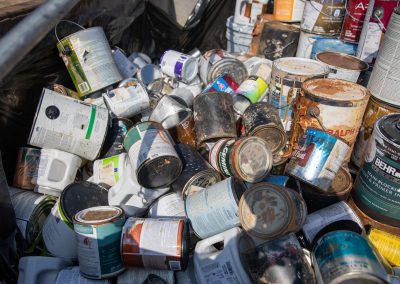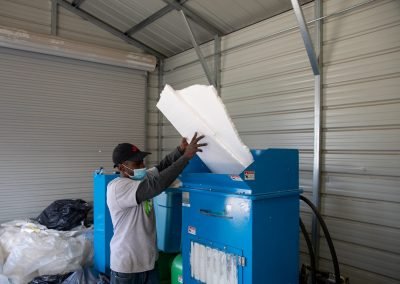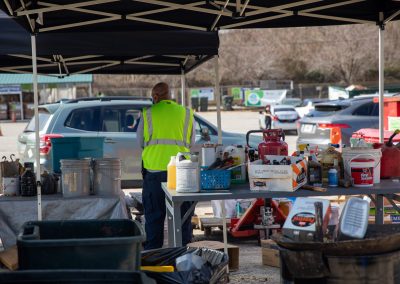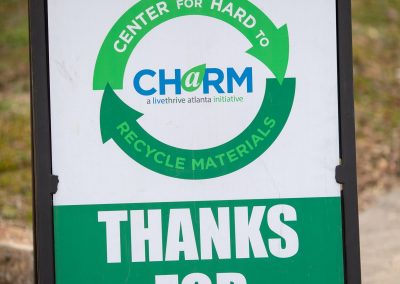
About CHaRM
Live Thrive's Center for Hard to Recycle Materials
The Center for Hard to Recycle Materials (CHaRM) facility is a premier program of the nonprofit, Live Thrive. It is a permanent drop-off facility that aims to improve our environmental health by encouraging reuse and diverting thousands of pounds of household hazardous waste and other hard-to-recycle items from Metro-Atlanta landfills and water systems. CHaRM also accepts sorted single-stream items for those who do not have access. All operations expenses for CHaRM are paid from grants, donations and recycling fees.
Open By Appointment Only:
Tuesdays, Thursdays 9 am - 2 pm and Saturdays 8 am - 2 pm
Live Thrive's Center for Hard to Recycle Materials
The Center for Hard to Recycle Materials (CHaRM) facility is a premier program of the nonprofit, Live Thrive. It is a permanent drop-off facility that aims to improve our environmental health by encouraging reuse and diverting thousands of pounds of household hazardous waste, bulky trash and other hard-to-recycle items from Metro-Atlanta landfills and water systems. CHaRM also provides single-stream recycling for those who do not have access.
CHaRM Benefits the Local Community by
Having a location that is convenient and easily accessible to the public.
Accepting a wider range of items than typical curbside recycling.
Providing education about the importance of proper disposal of hard-to-recycle materials.
Keeping hazardous materials out of our air, water and soil.
2021 Holiday Closures
May 29th, July 3rd, September 4th, October 7th, November 27th, December 23rd, December 25th, January 1st 2022
1110 Hill St SE
Atlanta, GA 30315
404-600-6386
Hours of Operation
CHaRM Hill Street is open by appointment only!
Drop-off appointments are available:
Tuesdays, Thursdays, Saturdays
9 am - 2 pm
Recycling by the Numbers
Despite the challenges of the COVID-19 pandemic and nearly three months of closure in 2020, CHaRM’s intake increased in 2020 and continued to increase in 2021. In 2021 alone, the center recycled 19.4 tons (9.6 tons in 2020) of Styrofoam, 233 tons (180 tons in 2020) of chemicals, 218 tons (189 tons in 2020) of glass, 837 mattresses and much more, for a total of 1,1655.55 tons (364 tons in 2020) of recycled materials during the year.


